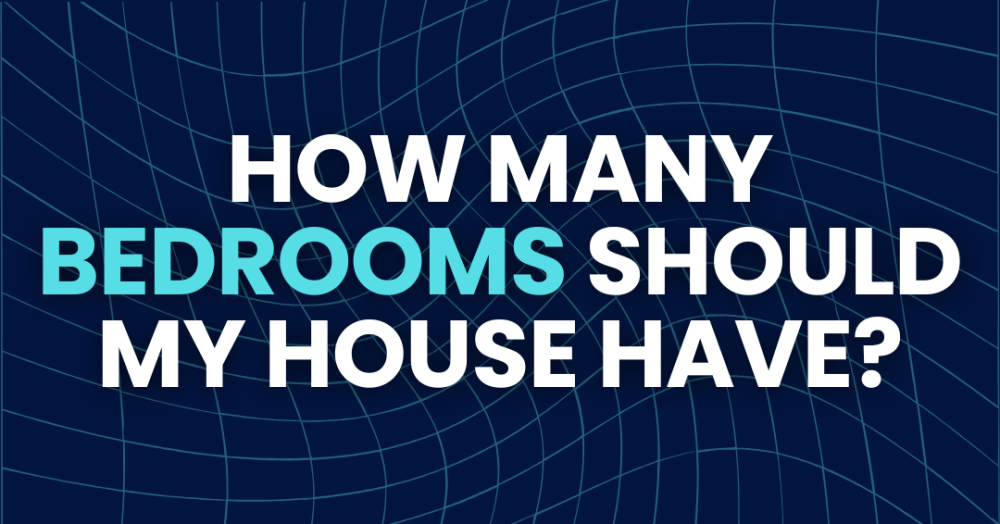When purchasing a home in the UK, one of the most crucial decisions you'll face is determining how many bedrooms you need. The number of bedrooms in a house impacts not only your lifestyle but also your property's value, future resale potential, and overall affordability. Here’s a guide to help you decide how many bedrooms your ideal home should ha
Assessing Your Current and Future Needs
1. Household Size
The first factor to consider is the size of your household. If you're a single professional or a couple, a one- or two-bedroom home may be sufficient. However, if you have children or plan to expand your family, a three- or four-bedroom house might be more appropriate.
2. Guest and Multi-Use Spaces
Do you frequently have guests staying over? A spare bedroom can serve as a guest room, eliminating the need for makeshift sleeping arrangements. Additionally, with the rise of remote work, many UK buyers seek an extra bedroom to use as a home office, providing a dedicated and quiet workspace.
3. Long-Term Investment and Resale Value
In the UK property market, larger homes generally have higher resale value and appeal to a wider range of buyers. If you anticipate selling in the future, opting for an extra bedroom may be a strategic investment, especially in high-demand areas.
4. Budget Considerations
Larger homes tend to come with higher purchase prices, council tax, utility bills, and maintenance costs. It’s essential to balance your need for space with what you can afford. Consider how an additional bedroom might impact your monthly expenses and mortgage repayments.
Common UK Homebuyer Scenarios
First-Time Buyers
First-time buyers often start with a one- or two-bedroom home, as these tend to be more affordable. If budget allows, a three-bedroom property can provide more flexibility for future needs.
Growing Families
Families with children typically look for at least three bedrooms, ensuring each child has their own space. Some families opt for a four-bedroom house to allow for a dedicated playroom or guest room.
Downsizers
Older couples or retirees often downsize to a two-bedroom home, reducing upkeep while still having room for visiting family members.
Conclusion
There’s no one-size-fits-all answer when it comes to choosing the right number of bedrooms. Consider your lifestyle, future plans, budget, and the local property market when making your decision. Whether you need a compact home or a spacious family house, selecting the right number of bedrooms will ensure your new property meets your needs for years to come.
If you're in the market for a new home, consult with a local estate agent to find the best options in your desired area.

